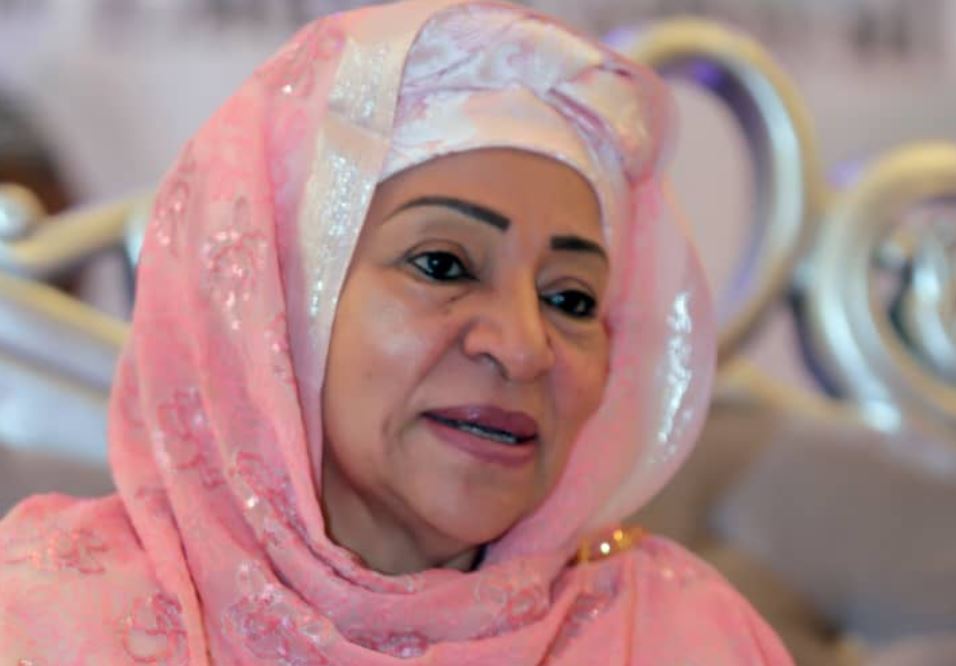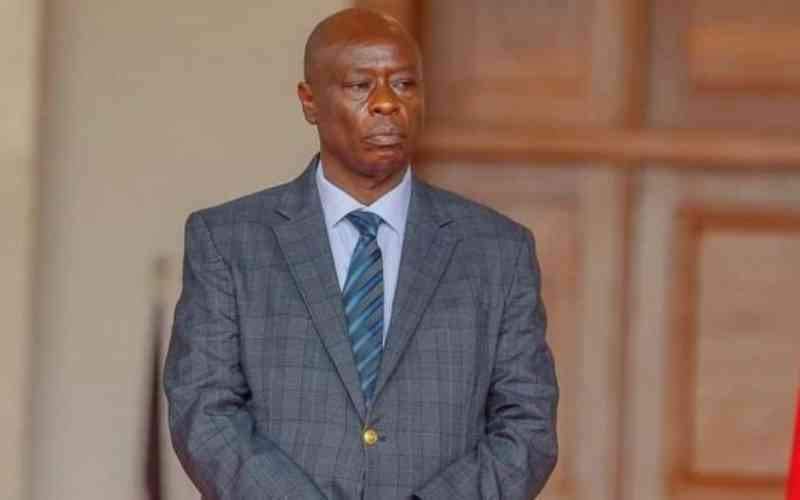Peter Obi Critiques Tinubu's Approach to Fuel Subsidy Removal and Naira Floatation

Peter Obi, the presidential candidate of the Labour Party in the 2023 elections, has reiterated his stance on the removal of fuel subsidy and the floating of the naira, policies also pursued by President Bola Tinubu's administration. While Obi agrees with the necessity of these reforms, he strongly criticizes the current government's "haphazard" and poorly managed implementation, contrasting it with his proposed "organised" approach.
Obi consistently maintained throughout his campaign and in recent interviews that he would have removed the fuel subsidy, a position clearly outlined in his manifesto. He characterized the subsidy regime as deeply problematic, tainted by "criminality" and "corruption" that necessitated its removal. "There was nothing wrong in the removal of subsidy," Obi stated, "What is wrong is the haphazard way in which it was announced and implemented." He emphasized that if he were president, the removal would have been executed through a structured process involving planning, transparency, gradual implementation, and negotiation with operators to establish fair pricing.
A key part of Obi's criticism concerns the management of funds saved from the subsidy removal. He questioned the whereabouts of these savings, arguing they were supposed to be invested in "critical areas of development" such as education, health, and poverty alleviation. "With all these things, billions saved, where is it? Where is it invested in those critical areas of development?" Obi asked, noting the lack of significant improvement in these sectors. He stressed the need for a national plan to direct these resources, rather than distributing them like other government revenues, to fulfill the promise of reinvesting in critical development.
Regarding the floating of the naira, Obi believes there is "nothing wrong with floating your currency" or even devaluing it, but only under specific conditions. He argued that such monetary policies are effective when a country has strong productivity, making its products more marketable and attracting investment. "But where we are unproductive, you have nothing to sell. So it’s a double whammy," he explained. His strategy would have involved first "ramping up production" in sectors like agriculture and manufacturing before gradually implementing currency floatation to ensure the economy could benefit from a potentially lower currency value.
Obi's overall message is that while the economic policies themselves might be necessary, their success and public acceptance hinge on careful, transparent planning and methodical execution. He stressed that he would have implemented these reforms "in an organised manner," ensuring that the benefits, particularly from subsidy removal, are tangibly reinvested into crucial development areas to uplift the populace as promised.












